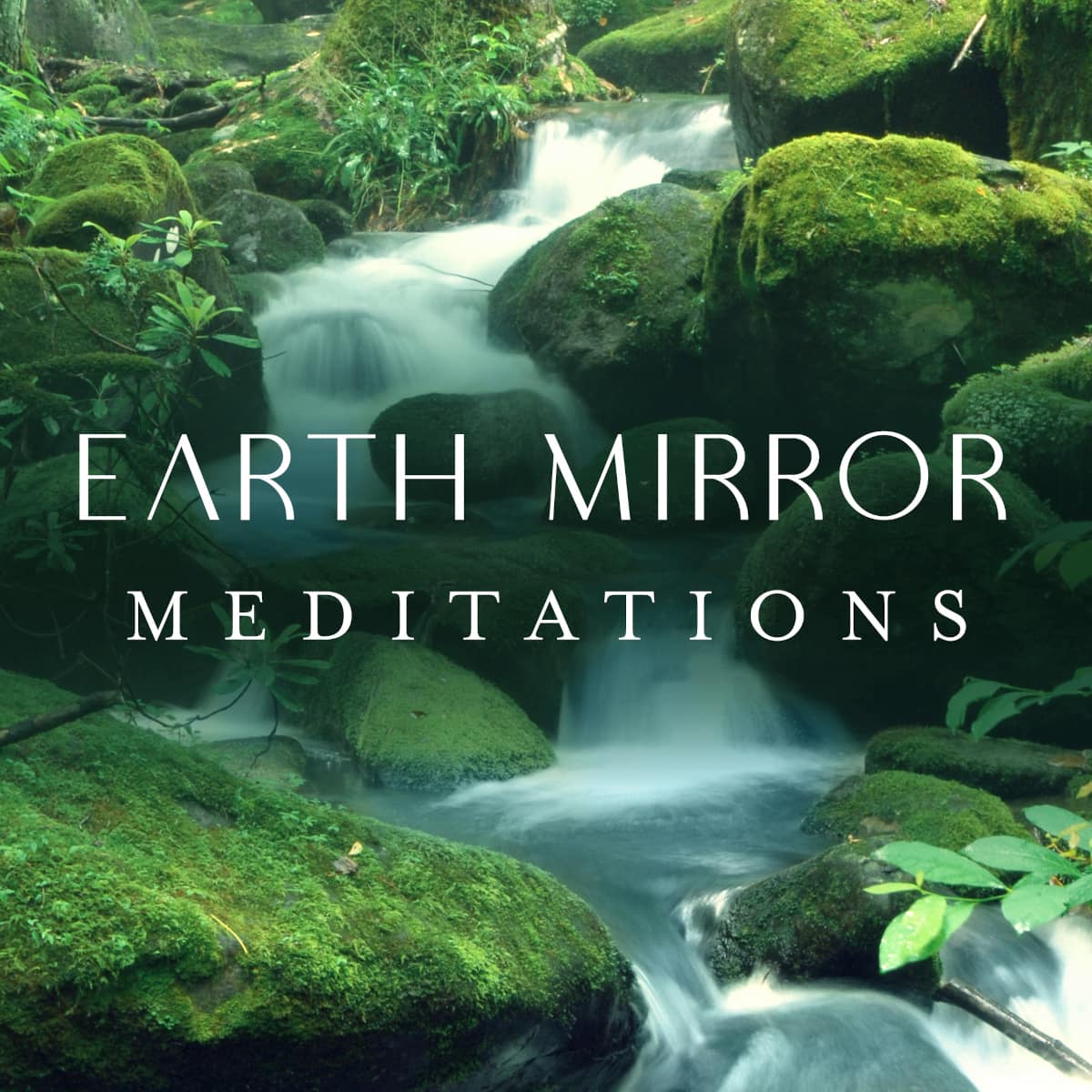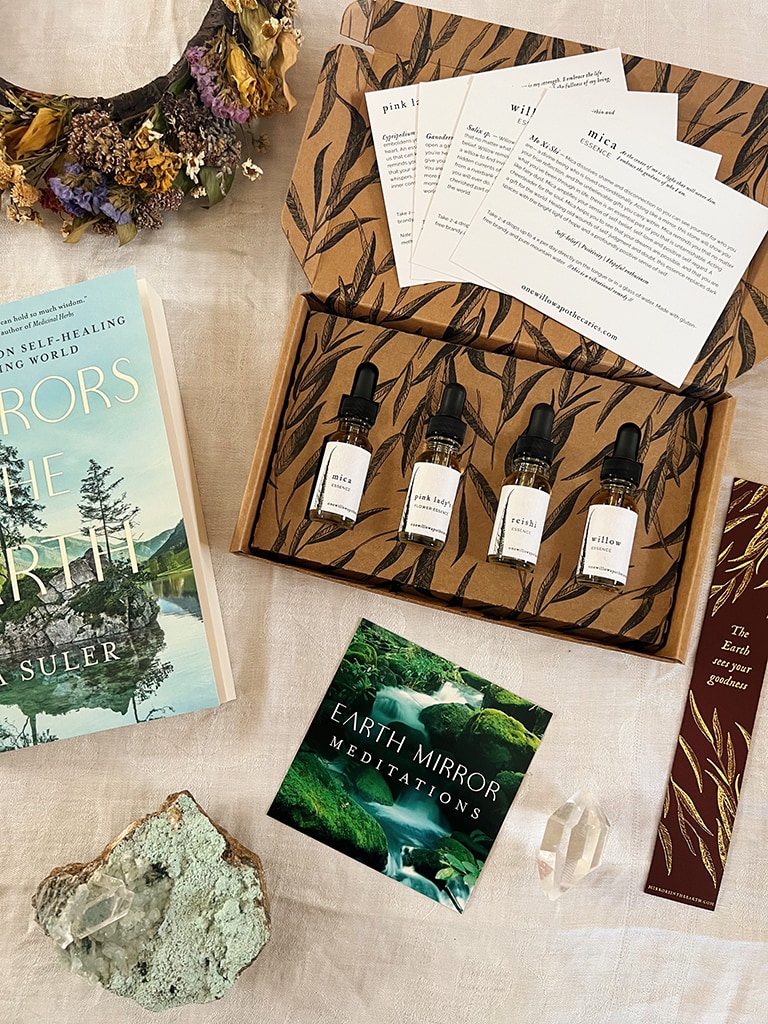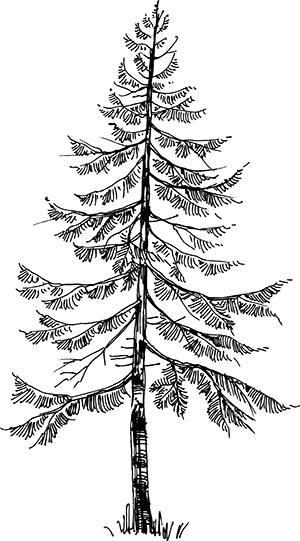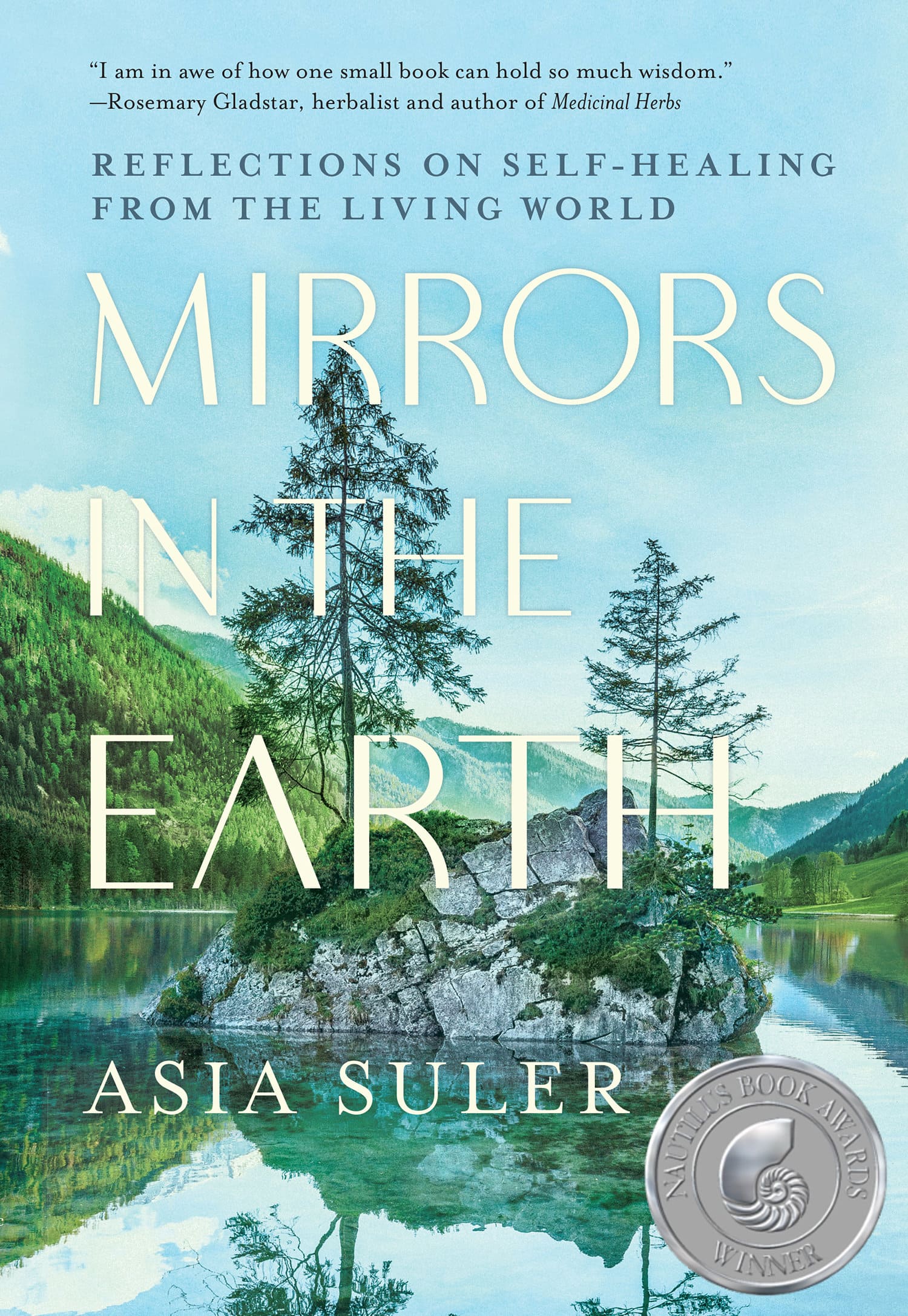
In this tumultuous time, many of us want to help alleviate the Earth’s hurt, but think we aren’t good enough to make a difference. This book dissolves that fear to whisper in your ear “Self-compassion is a force of ecological healing.”
Far from seeing us as an ecological burden, the Earth is continually encouraging us to see our goodness— because it is only through self-acceptance that we can claim our part in catalyzing true healing in the world.
From the manatee-calm springs of wild Florida to the flower-dotted coves of the most biodiverse mountains in the world, this book is an encounter with the benevolence of the living world— and a nature therapy session for the soul.
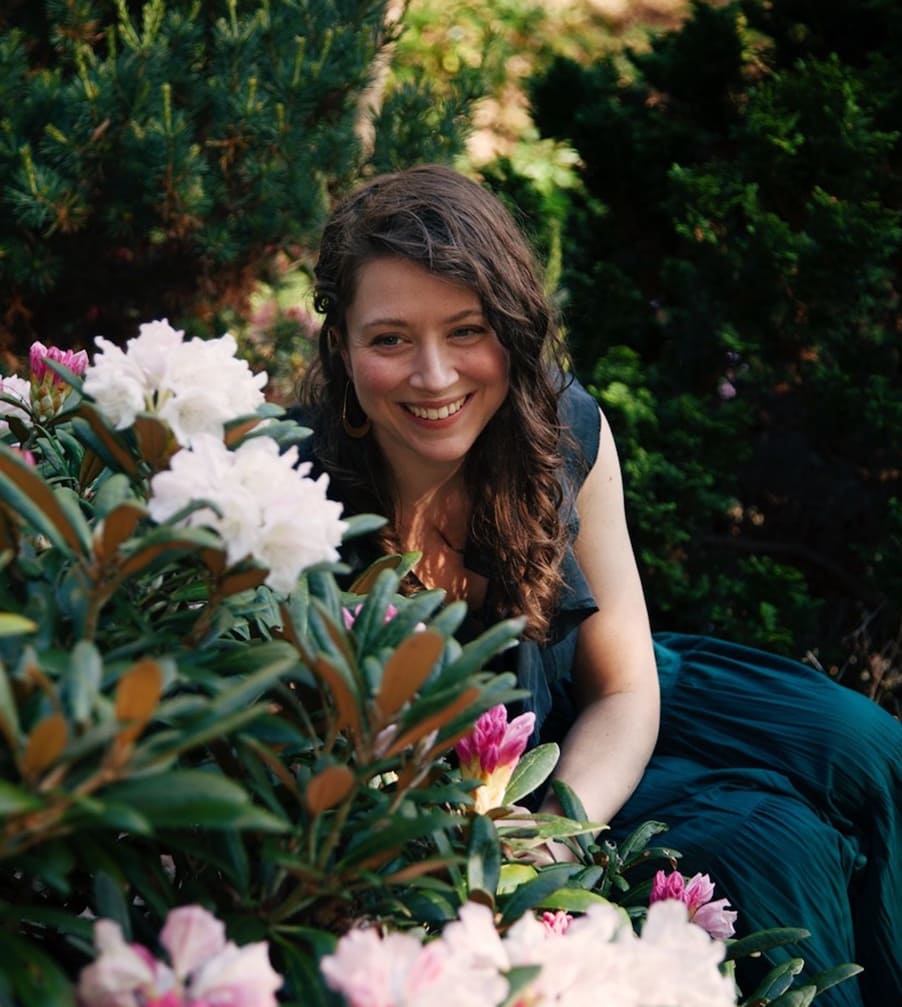
Asia Suler is a writer, teacher, earth intuitive and ecological philosopher who lives in the folds of the Blue Ridge Mountains.
She is the founder of One Willow Apothecaries, an Appalachian-grown company that offers handcrafted herbal medicines and educational experiences in herbalism, animism, ancestral healing and earth-centered personal growth. Asia has guided over 20,000 students in 70+ countries through her immersive online programs. With her writings and teachings, Asia helps people embrace their own unique medicine through a joyful engagement with the natural world.
There are many reasons someone might start believing they are not good. A sense of inner defect can expand malignantly with overt oppression, abuse, bullying, or neglect, but it can also grow subtly, fed from a million covert sources—from religious upbringings to social media. Most of us have had experiences in life that left us questioning our basic goodness, from not fitting in at school or failing to get affirmation from a parent, to experiencing a troll on social media or losing our jobs. For those of us who care deeply about social issues or the environment, simply looking at the reality of human-precipitated injustice can cause us to doubt not only our own virtue, but the basic goodness of humankind. At the center of many movements for repair is an implicit pessimism—an unspoken belief that humans, by our very nature, inevitably cause disharmony.
Even though I had come so far with my healing—from New York City to Appalachia, to the other side of chronic pain and down those first steps on my path as a teacher—looking into the mirror of that mica, I glimpsed the seed of my hurt. I saw the part of me that believed I was unworthy, unlovable, deficient, and hopelessly flawed—and I felt deep tenderness for this newly exposed piece of myself. I recognized with a shock how this belief in my own unworthiness was at the heart of all the hurt I experienced in my life, including my willingness to accept abuse, isolation, and overwhelm. I also recognized that I wasn’t alone.
Whether we realize it or not, many of us spend much of our lives thinking we aren’t enough. Underneath so many of the hardships we experience as humans is this erroneous belief. On a deep and very private level, we doubt our goodness, and that quiet worry is the very conclusion that has evicted us from our belonging—first to ourselves, and then to the Earth.
Before mirrored glass was invented, the only way we could catch a glimpse of our own image was through the natural world—calm waters, mica flakes, the onyx in someone else’s eyes. Though today we have mirrors, cameras, and selfies, we still lack the ability to see who we truly are. With nature, however, there remains a place where it’s possible to come into direct, caring contact with our soul. We need only look into the benevolent mirror of the Earth.
In healthy parenting, part of a caregiver’s role is to mirror their child. When children first begin to have an emotional experience of themselves as individuals, a parent’s job is to reflect these feelings, along with the child’s innate goodness, back to them so they can build self-worth along with necessary life skills. Many of us didn’t experience enough of this early phase of healthy reflection. But no matter what our family of origin was like, we all continue to have access to this essential source of nurturance, because nature is the parent-mirror that will never forsake us.
On a very tangible level, nature is our lifelong caregiver. It is the source from which our lives are made possible, a mirror here to help us when we have lost sight of ourselves. Whenever we peek out from our hard places and hiding spaces, nature will reflect back to us the depth of our goodness—not because the denizens of nature are objects onto which we project ourselves, or because the more-than-human world lacks its own personalities and sentience, but because the beings of the natural world are our kin, our elders, and our teachers. As Potawatomi author and botanist Robin Wall Kimmerer recounts in her book Braiding Sweetgrass, “In some Native languages, the term for plants translates to ‘those who take care of us.’” We are the youngest children of creation. When we see ourselves in the wider world, we remember who we are.

